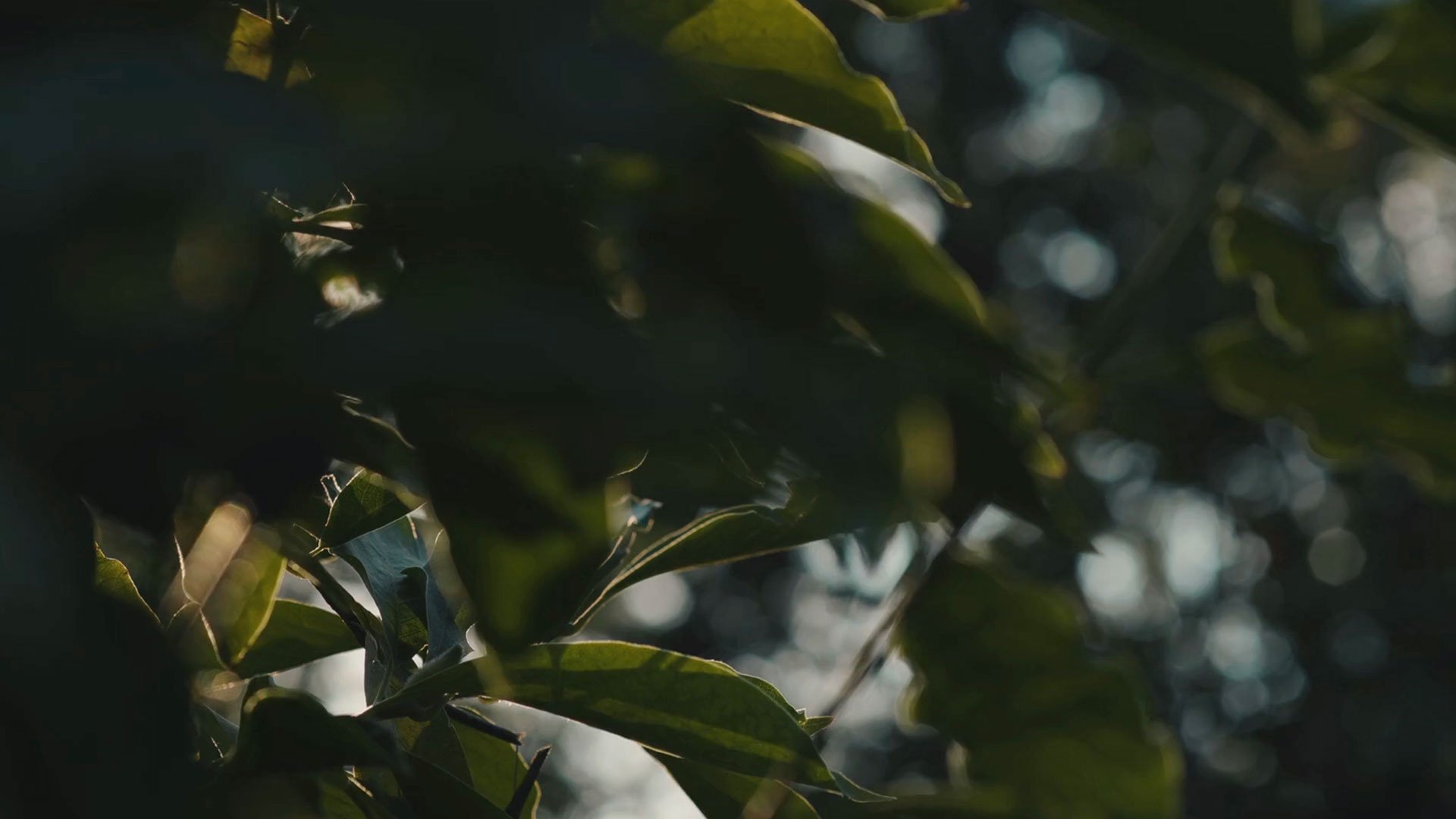
UP-TO-DATE, RESEARCH BASED INFORMATION ABOUT PSYCHEDELICS.
Shame, guilt and psychedelic experience: Results from a prospective, longitudinal survey of real-world psilocybin use.
The activation of shame-related experiences with psychedelics may pose a unique and context-dependent learning condition
Repeated low doses of psilocybin increase resilience to stress, lower compulsive actions, and strengthen cortical connections to the paraventricular thalamic nucleus in rats
These results establish a well-validated regimen for further experiments probing the effects of repeated low doses of psilocybin. Results further substantiate anecdotal reports of the benefits of psilocybin microdosing as a therapeutic intervention, while pointing to a possible physiological mechanism.
MDMA-assisted psychotherapy for PTSD in adolescents: rationale, potential, risks, and considerations
Evidence suggests that as an adjunct to therapy, MDMA may reduce avoidance and enable trauma processing, strengthen therapeutic alliance, enhance extinction learning and trauma-related reappraisal, and hold potential beyond PTSD symptoms.
The ego in psychedelic drug action – ego defenses, ego boundaries, and the therapeutic role of regression
Aiming for increased flexibility of habitual ego patterns, the psycholytic approach is generally compatible with other forms of psychedelic-assisted therapy, such as third wave cognitive behavioral approaches.
Esketamine nasal spray versus quetiapine for treatment-resistant depression
In patients with treatment-resistant depression, esketamine nasal spray plus an SSRI or SNRI was superior to extended-release quetiapine plus an SSRI or SNRI with respect to remission at week 8.
DMT-SSRI combination shows potential for depression
The potentially enhanced efficacy effect of a DMT-based treatment when administered with SSRIs could lead to greater therapeutic benefit for [major depressive disorder (MDD)] patients.
Back from the rabbit hole. Theoretical considerations and practical guidelines on psychedelic integration for mental health specialists
this article presents proposed comprehensive guidelines covering both theoretical and practical aspects of psychedelic integration, that are intended to serve as a resource for various mental health specialists
History repeating: guidelines to address common problems in psychedelic science
We show how these problems threaten internal validity (treatment effects are due to factors unrelated to the treatment), external validity (lack of generalizability), construct validity (unclear working mechanism), or statistical conclusion validity (conclusions do not follow from the data and methods).
Three cases of reported improvement in microsmia and anosmia following naturalistic use of psilocybin and LSD
Given the need for novel treatments for olfactory dysfunction, increasing reports describing improvement in these conditions following psychedelic use and potential biological plausibility, we believe that the possible therapeutic benefits of psychedelics for these conditions deserve further investigation.
American psychiatrists' opinions about classic hallucinogens and their potential therapeutic applications: A 7-year follow-up survey
Our data reveal a striking positive shift in attitudes toward the therapeutic potential of hallucinogens among American psychiatrists since 2016, with a majority of responding psychiatrists planning to incorporate hallucinogen-assisted therapy into their practice if regulatory approval is granted.
Case analysis of long-term negative psychological responses to psychedelics
Distilling the content of the interviews suggested the following potential causal factors: unsafe or complex environments during or surrounding the experience, unpleasant acute experiences (classic psychedelics), prior psychological vulnerabilities, high- or unknown drug quantities and young age.
Longitudinal and transcultural assessment of the relationship between hallucinogens, well-being, and post-traumatic growth during the COVID-19 pandemic
Users of hallucinogenic drugs had higher psychological well-being and lower scores on psychopathology scales, both at baseline and during follow-ups. This difference was larger when users were distinguished by frequency of use, as regular users scored higher on psychological well-being and lower on psychopathology scales.
Naturalistic psilocybin use is associated with persisting improvements in mental health and wellbeing: results from a prospective, longitudinal survey
Results from this study, the largest prospective survey of naturalistic psilocybin use to date, support the potential for psilocybin to produce lasting improvements in mental health symptoms and general wellbeing.
The Montreal model: an integrative biomedical-psychedelic approach to ketamine for severe treatment-resistant depression
Our integrative model aims to bridge the biomedical-psychedelic divide to offer a feasible, flexible, and standardized approach to ketamine for TRD. Our learnings from developing and implementing this psychedelic-inspired model for severe, real-world patients in two academic hospitals may offer valuable insights for the ongoing roll-out of a range of psychedelic therapies.
Heart risks, serotonin, and fen-phen: 5 questions for 5-HT receptor researcher Bryan Roth
All those (phase 3) studies have one or two doses of psilocybin. If I were a betting man, I would say there’s little chance that that type of dosing would be an issue, but we still need to do clinical trials. The big concern is with repeated dosing, and lots of people are doing that now with microdosing. That’s extraordinarily risky until the appropriate studies have been done.




















